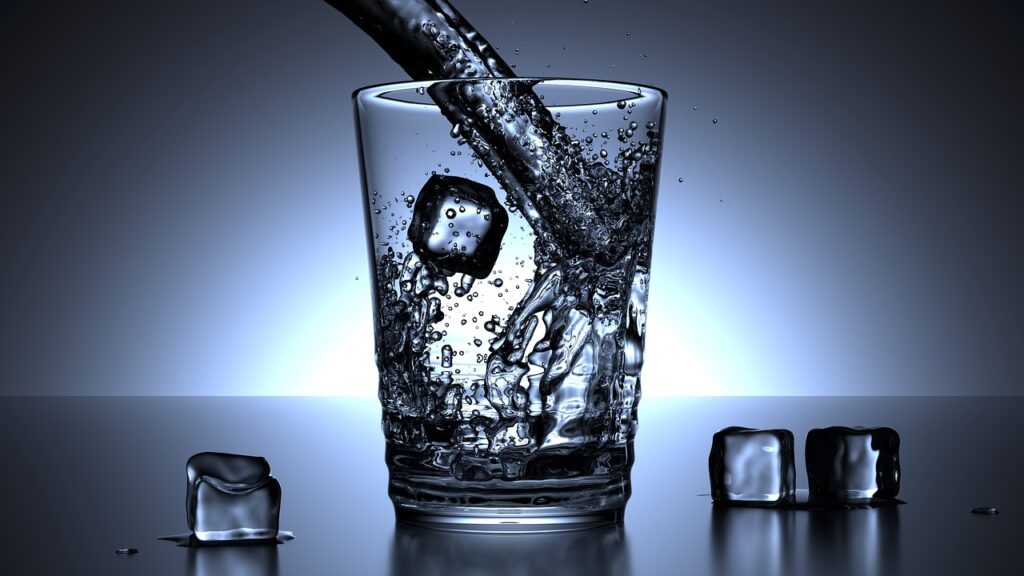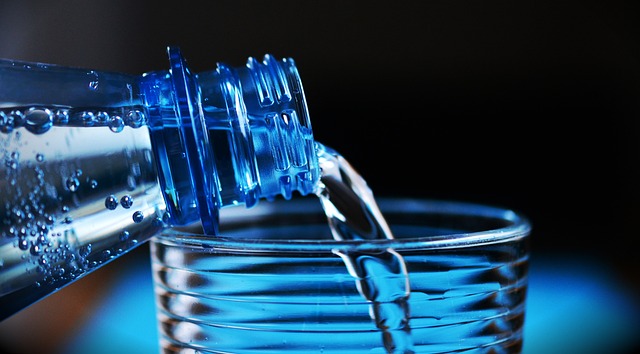Contact Us (720) 964-1335 or (901) 675-6125

Introduction
When you think about weight loss, you probably focus on food and movement, but what about hydration? Believe it or not, mild dehydration is one of the most overlooked roadblocks to sustainable weight loss. And for women over 40, especially those on GLP-1 medications, hydration isn’t just important, it’s essential.
From fatigue and brain fog to stalled progress on the scale, dehydration can sneak up and sabotage your results. Let’s break down how to spot the signs and what you can do to hydrate with intention.
Why Dehydration Hits Harder After 40
As we age, our sense of thirst naturally declines. That means you might not feel thirsty even when your body is already low on fluids. Hormonal changes during perimenopause and menopause can also affect fluid retention and electrolyte balance. Add in lifestyle stress, coffee, or certain medications (like GLP-1s), and you’ve got a perfect storm for chronic dehydration. Common signs of mild dehydration include:
- Dry mouth or lips
- Headaches or lightheadedness
- Fatigue or sluggishness
- Cravings for salty or sweet snacks
- Poor digestion or constipation
- Dark yellow urine
These symptoms can easily be mistaken for something else. But often, a glass or two of water is the missing piece.
How Dehydration Impacts Weight Loss
Water is more than just a thirst quencher; it plays a direct role in:
- Fat metabolism: Your body needs water to break down fat for energy.
- Appetite control: Mild dehydration can be mistaken for hunger, leading to mindless snacking.
- Digestive function: Adequate water intake keeps your gut moving and nutrient absorption smooth.
- Detoxification: Your liver and kidneys rely on hydration to flush out waste efficiently.
- Energy & performance: Dehydration affects your ability to move, focus, and stay consistent with wellness habits.
GLP-1 Weight Loss Medications and Hydration
If you’re using GLP-1 medications like Ozempic® or Mounjaro®, staying hydrated becomes even more important. These medications can:
- Slow digestion, increasing the risk of constipation.
- Diminish appetite, making it easy to forget fluids.
- Contribute to nausea or dry mouth, which can reduce fluid intake.
To offset these effects:
- Sip water throughout the day, not just with meals.
- Add electrolytes to support balance (especially if you’re sweating or on a low-calorie intake).
- Set reminders or track water intake in a journal or app.
Holistic Ways to Stay Hydrated
Let’s be real …plain water can get boring. But hydration doesn’t have to be basic. Here are Ample-approved, holistic ways to make drinking fluids more enjoyable:
1. Infused Waters
Jazz up your water with:
- Lemon + cucumber (great for digestion)
- Berries + mint (cooling and energizing)
- Orange + ginger (anti-inflammatory boost)
2. Herbal Teas
Caffeine-free teas like hibiscus, peppermint, or chamomile hydrate and calm the nervous system.
✅ I recommend Adagio Artisan Herbal Tea Blends for delicious blends that fit every mood or weight loss goal.
3. Electrolyte Drinks
Use clean, sugar-free electrolyte powders or tablets. Look for magnesium, potassium, and sodium for true rehydration, especially if you’re exercising or fasting.
4. Water-Rich Foods
Fruits and vegetables can contribute up to 20% of your daily hydration. Try:
- Watermelon, cucumber, celery, strawberries, zucchini, lettuce
- Soups and broths made with bone broth or veggie bases
How Much Water Do You Really Need?
There’s no one-size-fits-all rule. The “8 cups a day” guideline is a general estimate. A better formula is:
Your body weight (lbs) ÷ 2 = ounces of water/day
Example: If you weigh 160 lbs, aim for about 80 oz (10 cups) of water daily.
If you’re active, in hot climates, or using GLP-1s, you may need more.
FRESH Coaching Insight
In my FRESH Start coaching program, we focus on hydration as part of both “Food Freedom” and “Honor Your Whole Health.” Here’s why:
- Food Freedom means knowing when hunger is actually thirst.
- Whole Health includes sleep, digestion, and energy — hydration affects all three.
During coaching, we help you track hydration, create mindful drink habits, and integrate fluid-rich foods into your plan without obsessing over ounces.
Ample Final Thoughts: Hydrate to Heal
Hydration might not be the flashiest wellness topic, but it’s a quiet powerhouse behind your metabolism, mood, and momentum. If you’re a woman over 40 working on weight loss, staying hydrated isn’t optional …it’s your secret weapon.
And if you’re tired of guessing what to drink or how to build sustainable habits, Ample Health & Wellness is here to support you every sip of the way.

About the Author: Dr. Kisha Pickford, DNP, is a board-certified nurse practitioner and holistic nutrition weight loss coach at Ample Health & Wellness. She helps women over 40 achieve sustainable weight loss and whole-body wellness through holistic, evidence-based coaching.
📚 References
- Popkin, B. M., D’Anci, K. E., & Rosenberg, I. H. (2010). Water, hydration, and health. Nutrition Reviews, 68(8), 439–458. https://doi.org/10.1111/j.1753-4887.2010.00304.x
- Kenney, W. L., & Chiu, P. (2001). Influence of age on thirst and fluid intake. Medicine and Science in Sports and Exercise, 33(9), 1524–1532. https://doi.org/10.1097/00005768-200109000-00010
- Benton, D., & Young, H. A. (2015). Do small differences in hydration status affect mood and mental performance? Nutrition Reviews, 73(Suppl_2), 83–96. https://doi.org/10.1093/nutrit/nuv045
